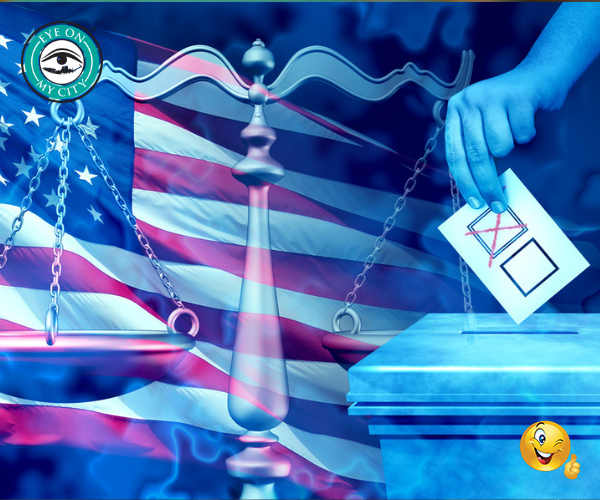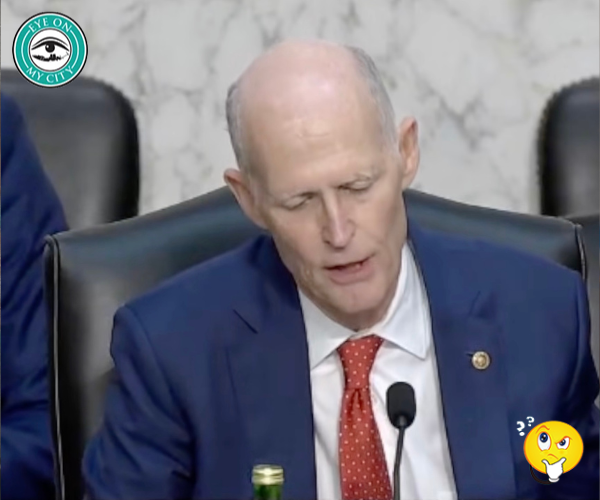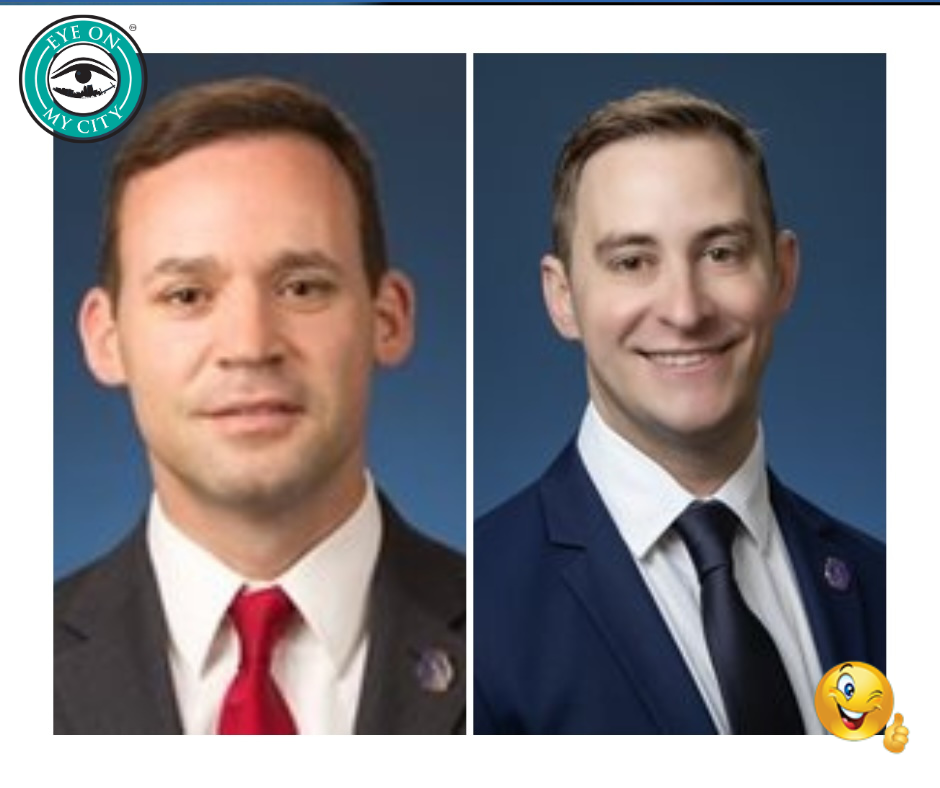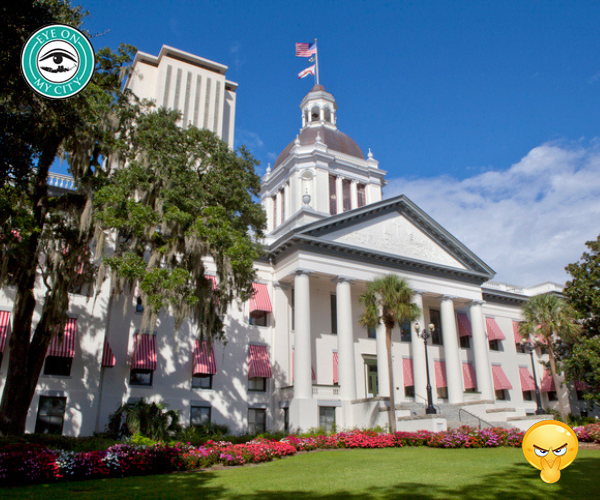Scott Leiendecker’s Liberty Vote snaps up Dominion, pledging a “paper-trail comeback” and a return to election transparency.
Believe me when I tell you it’s getting hard to keep up with all the winning. The summer’s frenetic pace has done nothing but accelerate. I can only guess, but maybe it has something to do with all the early planning now beginning to bear fruit. Anyway, behold this astonishing Associated Press headline: “Former Republican election official buys Dominion Voting — a target of 2020 conspiracy theories.” And another puzzle piece just dropped into place.
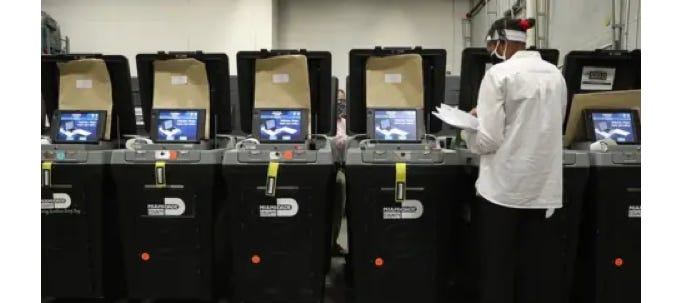
As you read this next segment, remember how well and for how long we’ve all been taught that even questioning the legitimacy of electronic voting systems is tantamount to election denialism, which is the next worst crime after insurrection and asking questions about masks on Facebook.
Back in the spring, President Trump signed an executive order calling for sweeping voting reforms, including an auditable paper trail for all cast votes. Federal judges (of course) shut that right down, holding that states and Congress set election procedure, not the Executive Branch.
But two days ago, a newly formed company named Liberty Vote suddenly and unexpectedly announced it had bought electronic voting manufacturer Dominion and would move the headquarters from Canada to St. Louis. Liberty’s press release promised to restore trust to voting systems, reintroduce “hand-marked paper ballots,” and adjust company policies to follow Trump’s executive order on voting procedures.
Liberty is owned by former St. Louis elections director and Republican voting systems manufacturer Scott Leiendecker.
Leiendecker was the Republican election director for the St. Louis City Board of Election Commissioners from 2005 to 2012. He is also the founder and CEO of KNOWiNK, an non-partisan elections technology company based in St. Louis, which makes products like Poll Print and Poll Pad, used in polling sites across the United States.
Before his tech and business career, Leiendecker also worked for the Missouri Secretary of State as an election investigator, and has overseen international elections in difficult, war-tossed countries like Kosovo.
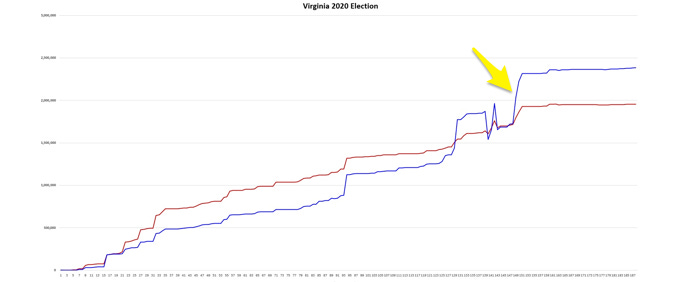
Corporate media claimed yesterday (without evidence) that Republican skepticism toward Dominion about “debunked” anomalies during the 2020 election destroyed the Dominion brand, making it “toxic” in red states and resulting in the sale. That’s possible.
You will be unsurprised by the BlueSky reaction. It was even more apocalyptic than the thought of gold hitting $100,000 an ounce. They are already denying the results of the next election:

Given that Dominion successfully sued several conservatives for defamation, progressives should be very careful about being too critical about Liberty Vote. All that celebrating over Dominion’s court wins could circle right back to lawsuits against liberals.
As they say, what’s good for the goose is good for the Trump-deranged gander.
We’ve discussed before what appears to be a significant, national strategy for not just for holding ground but sweeping the 2026 midterms. This acquisition of Dominion, well in advance of next year’s elections, is completely consistent with that theory.
Democrats have nothing comparable to show against this level of deep GOP organization. Their only focus seems to be keeping the government shut down and complaining about Trump’s latest mean tweet.
If I am right (and I think I am), things will just get better from here. I am feeling very optimistic. How about you?

